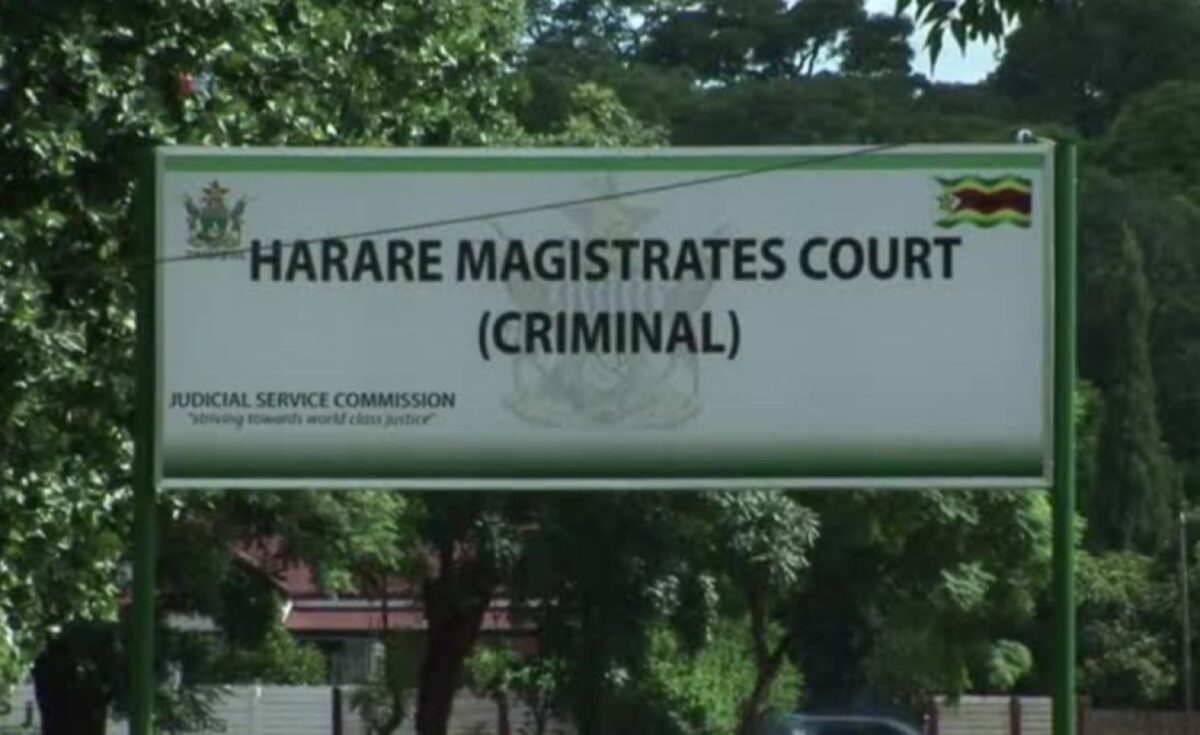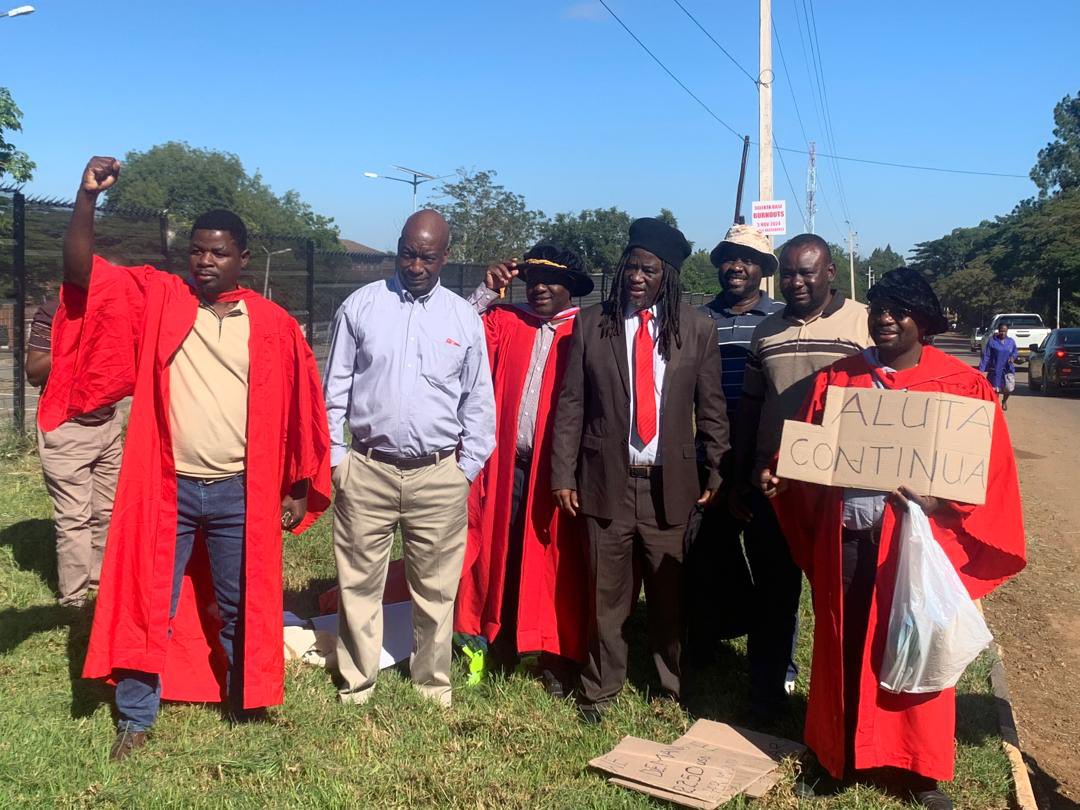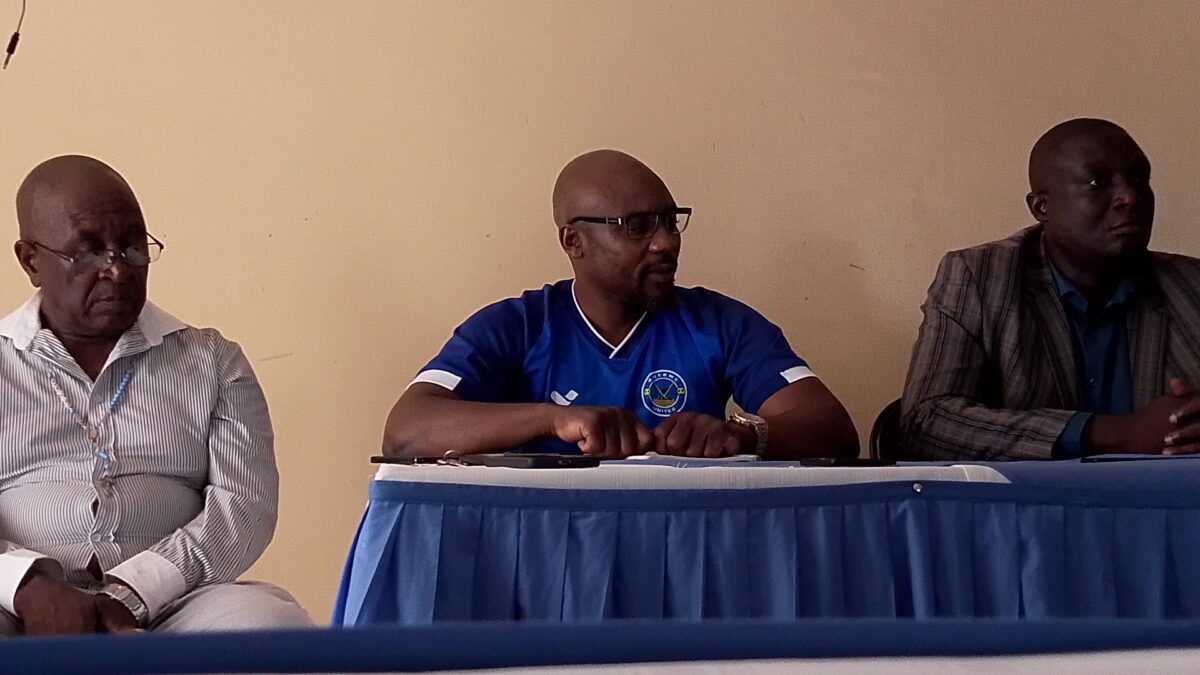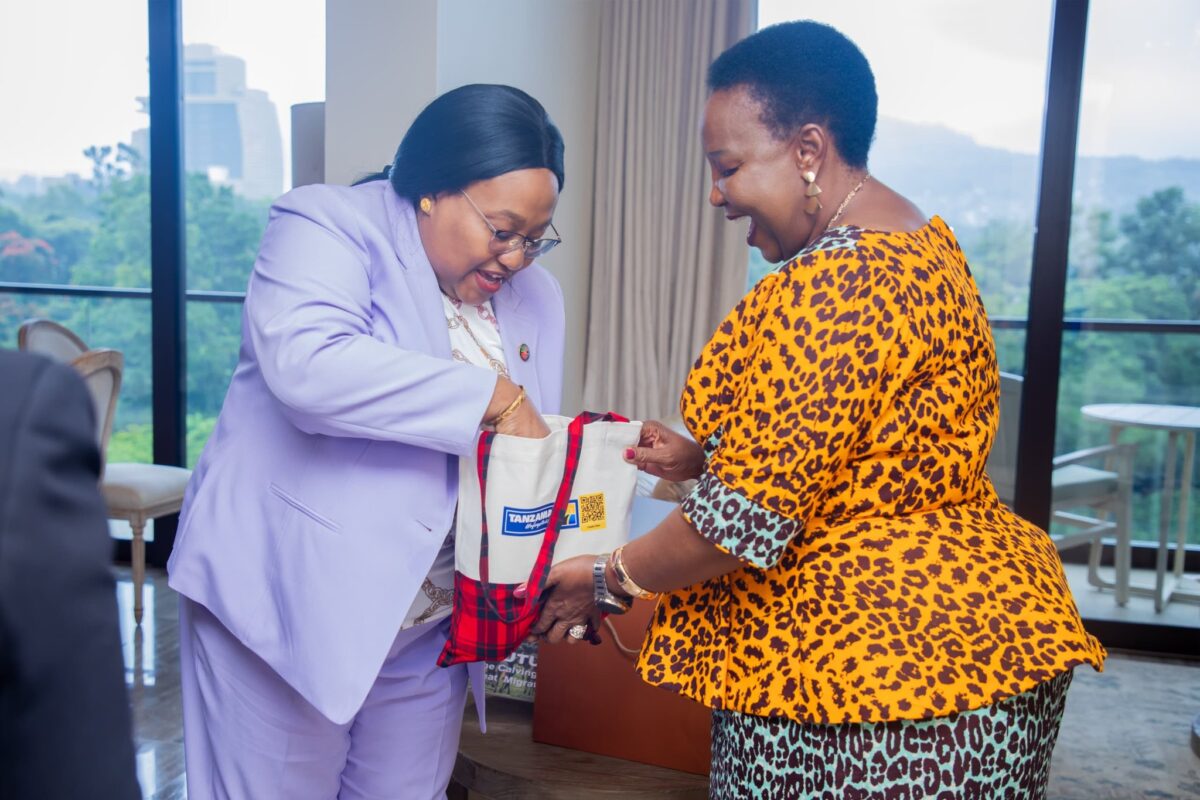NEW YORK, United States – United Nations Secretary General António Guterres said he was following developments in eSwatini “with increasing concern” and has called for “inclusive and meaningful dialogue” to end the unrest.
Protestors last week ramped up demands for political reform in the country – Africa’s last absolute monarchy. The government deployed the army to reinforce the police to break up the demonstrations.
Rights groups say over 40 people died and dozens more were hospitalised with gunshot wounds, but eSwatini’s government acknowledged only 27 deaths.
“The Secretary General reiterates his call on all stakeholders to refrain from violence and address their differences through inclusive and meaningful dialogue,” said a statement issued by his Guterres’ spokesman.
“The Secretary General underlines the importance of enabling all the people of eSwatini to exercise their civil and political rights peacefully, and urges the security forces to exercise utmost restraint.”
The UN chief welcomed efforts being led by the Southern African Development Community (SADC) to find a solution to the current situation, committing his office to work with international partners “to ensure a peaceful resolution.”
The office of the United Nations High Commissioner for Human Rights (OHCHR) said the violence was “deeply concerning.”
OHCHR spokesperson Liz Throssell said her office had received allegations of “disproportionate and unnecessary use of force”, harassment and intimidation by security forces, including the use of live ammunition by police.
She urged the authorities in eSwatini to “fully adhere to human rights principles in restoring calm and the rule of law, in particular the obligation to minimise any use of force.”
“We also call on the government to ensure that there are prompt, transparent, effective, independent and impartial investigations into all allegations of human rights violations,” she added, “including those by law enforcement personnel in the context of the demonstrations, and that those responsible are held to account.”
She reminded authorities that peaceful protests are protected under international human rights law, “including under Article 21 of the International Covenant on Civil and Political Rights, to which the Kingdom of eSwatini is a State Party.”
The OHCHR spokesperson also expressed concern at reports that internet services were disrupted last week and called on authorities “to take all steps to ensure that internet access is not blocked.”
Throssell urged the government “to open up a longer-term dialogue to air and address the underlying public concerns that have given rise to these recent protests”, adding: “We remain committed to working with the government of eSwatini to strengthen human rights promotion and protection, including support and guidance in implementing recommendations by UN human rights mechanisms, including guaranteeing the rights to freedom of expression, of peaceful assembly and to freedom of association, as well as the right of people to participate in the conduct of public affairs.”
Unrest first began in May when students took to the streets to call for accountability for the death of a 25-year-old law student, allegedly at the hands of the police.
In late June, these protests grew into daily pro-democracy marches in several locations around the Kingdom, with protesters voicing deep-seated political and economic grievances including demands for an elected president with executive powers.
eSwatini, formerly known as Swaziland, gained independence 53 years ago and is ruled by King Mswati III. He chooses the prime minister and cabinet, and has the power to dissolve parliament.
On Wednesday, the government finally acknowledged the deaths of over two dozen people, although rights groups maintain that the figures are understated.
“Unfortunately, yes, 27 people lost their lives,” commerce minister Manqoba Khumalo told AFP in a phone interview, expressing regret that force had to be used to break up the protests.
“It was not intended, but… the nature of the attacks that were happening was such that in some instances force had to be used, and in some instances gunfire had to be exchanged, and there were casualties.
“But in some cases people were trapped in buildings when those buildings were burned… This is very unfortunate.”
He said most of the violence occurred between Monday and Thursday last week.
eSwatini, previously called Swaziland, is a tiny landlocked state of 1.3 million people, sandwiched between South Africa and Mozambique.
















